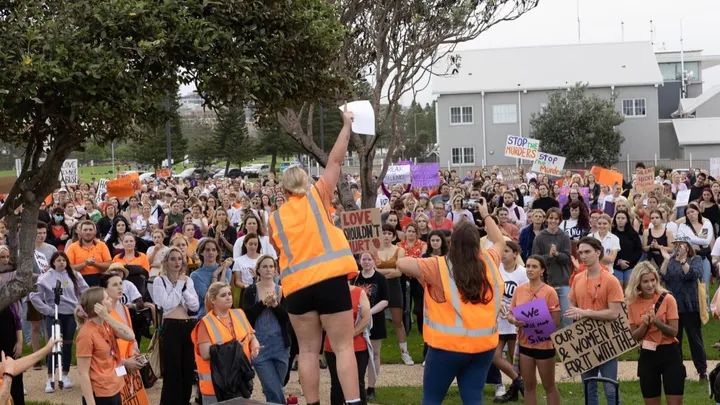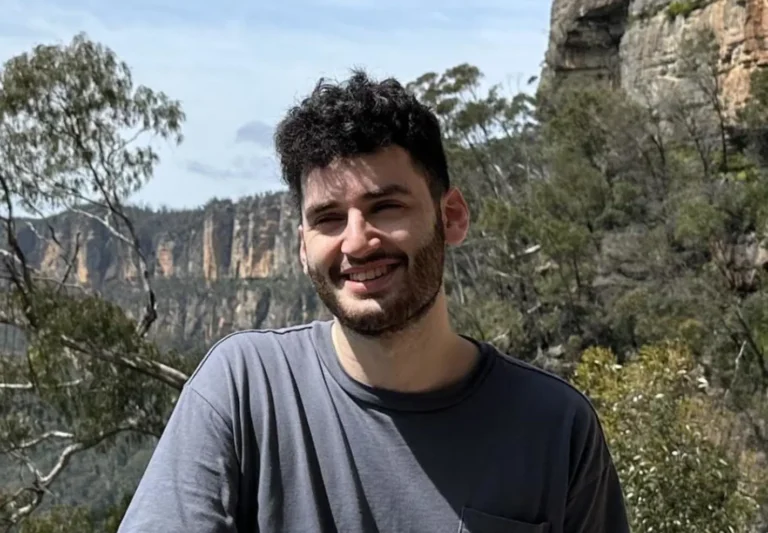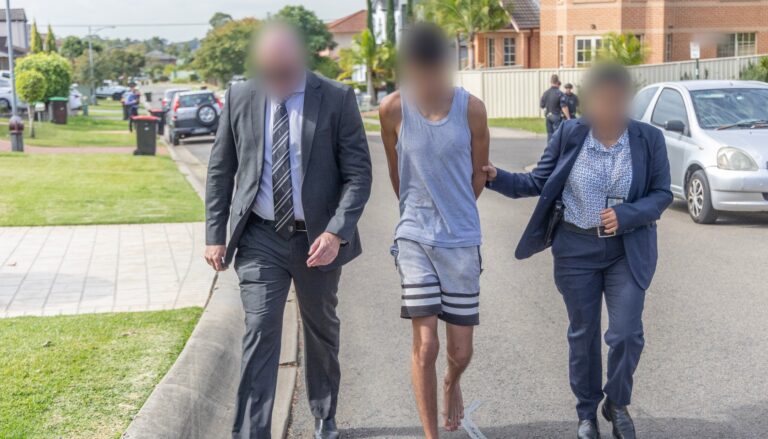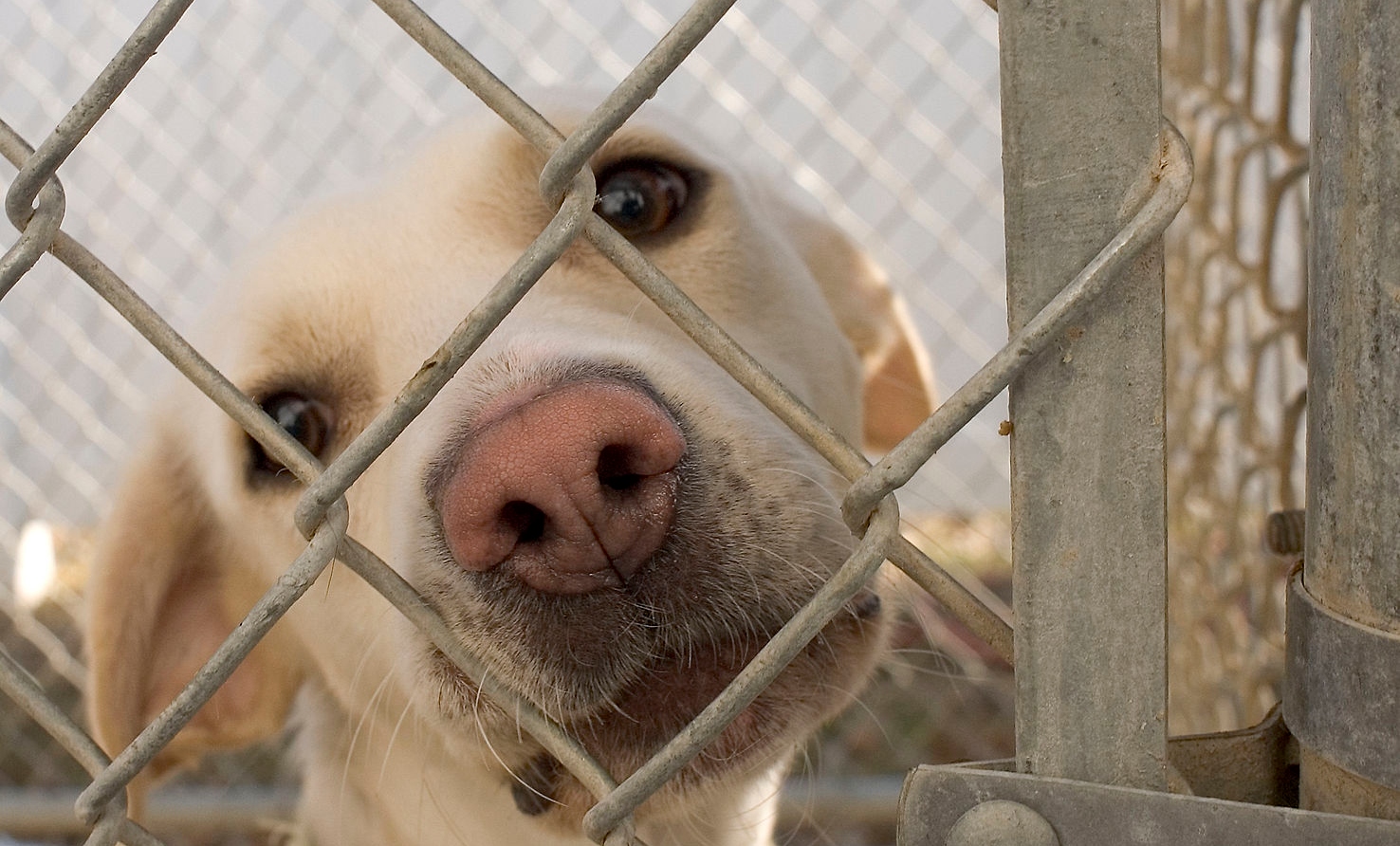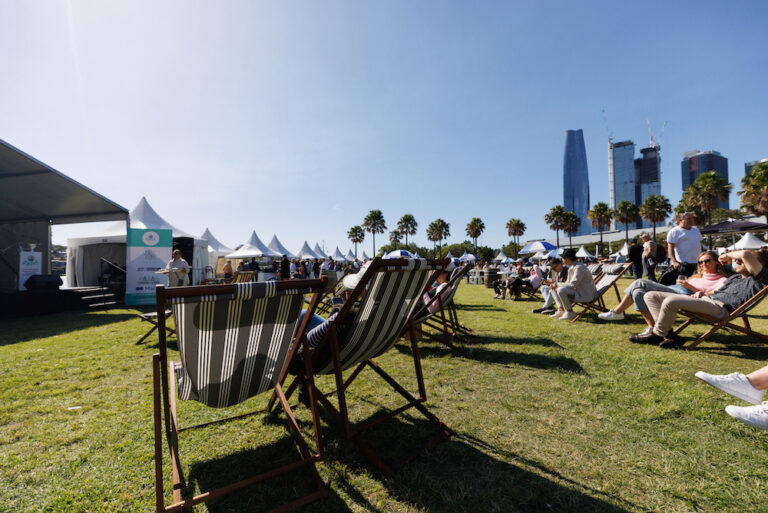
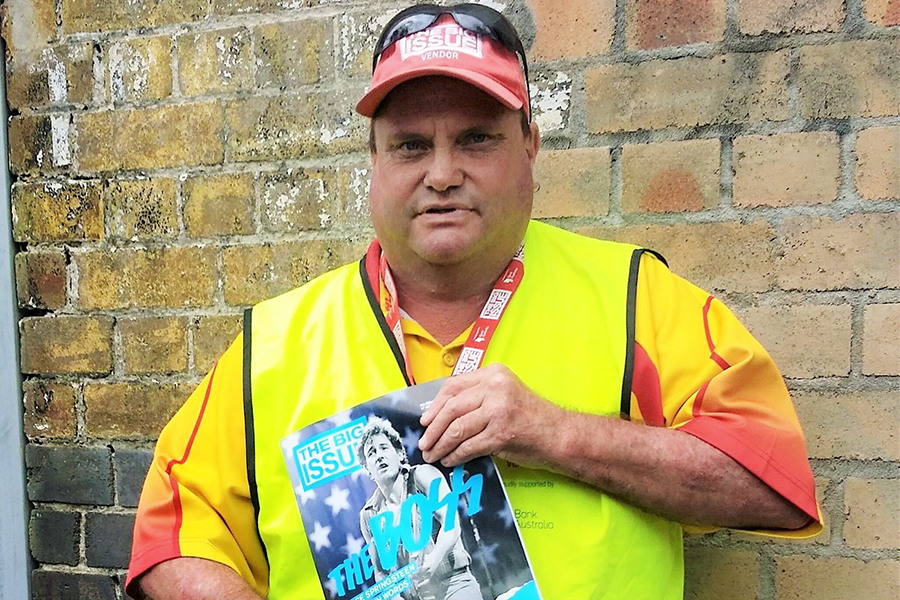
By JOHN MOYLE
Even in the pre-Covid hustle and bustle of city life, the one sight that was welcomed and we always had time for was our local The Big Issue vendor.
Along with much of our city life, The Big Issue retailer has been missing from the landscape for around three months as more than 800 vendors around the country have had to retreat from the streets for their own safety and that of their customers.
“We deal with the most vulnerable people and they are exposed on the streets,” Chris Campbell, Operation Manager, The Big Issue said. “A lot of our vendors depend on the money from The Big Issue and we had to try and balance those two kind of conflicting issues and how to support them when their incomes stopped.
Due to Covid-19, The Big Issue made the decision to suspend operations on Friday 27 March and head into a digital space to keep the magazine alive while providing some urgent relief for the vendors most impacted by the closure.
“The way that we are dealing with the digital subscriptions is that we have broken it up into two parts, with a hardship fund for the most vulnerable vendors who can contact us, and the other is that we have set up a fund to help them relaunch their business as we relaunch the magazine and go back to street sales,” Chris Campbell said.
Based on a successful UK model, The Big Issue has been part of Australia’s urban landscape since it was launched here in 1996.
Since then, more than 7,000 people have sold over 13 million copies of the magazine that has seen $31 million go directly to the vendors.
The fortnightly magazine is sold by vendors who buy it for $4.50 and sell it for $9, with circulation currently around 22,000 magazines a fortnight.
Glenn F has been selling outside Woolworths near Central Station on Foveaux Street and like many vendors has a harrowing back story.
“Before The Big Issue I was looking for work but due to my arthritis and having some disability in my hands and feet I didn’t work for about 12 years…” Glenn said. “The Big Issue is a job that I thought I wouldn’t stick at because I had so much going on with my mum passing away a few years ago and some other complications, but they have supported me through the rough times I have had over the past 12 years.”
The Big Issue sellers are noted for being gregarious and always looking for a chat but once the lockdowns took hold they often found themselves being isolated, as well as being with an income.
Because Glenn lives about an hour from his spot at Central he has not had any contact with his customers and is at times finding this disconnect hard.
Isolating is challenging
“Covid has been very isolating for me but I have been spending more time with my daughter. But in the meantime, I never see the customers that I have grown in the past 12 years with The Big Issue, and it is upsetting to not know if they are OK themselves and they have no way of finding out if I am OK, except for some who have been using Messenger to communicate,” Glenn said.
“With Covid I’ve been I’ve been keeping myself busy doing artwork and trying not to think about it too much, because it really frustrates you.”
Marcus moved from Tasmania to Melbourne in the 1990s and started selling The Big Issue there in 1997 after a vendor told him about the magazine. He now sells in Sydney’s inner west suburbs of Concord and Five Dock.
“The big thing about The Big Issue is that it gives you money to pay the rent and that and to me it is a routine and structure so that I can get out of bed in the morning. And it’s nice to have the motivation to get out to work and meet some great people and have customers that support you day in and day out,” Marcus said.
To sell The Big Issue, prospective vendors must be homeless, marginalised or disadvantaged people.
“When you think of homelessness you are talking primarily about rough sleepers, but in fact there is a whole variety of homelessness that takes in people in boarding houses, couch surfing or people living in their cars and a lot of our vendors fall into that category,” Chris Campbell said.
“I have been living independently for a long time and with The Big Issue money I am pretty good at budgeting and I can make money last a long time when I have to,” Marcus said.
“The best thing about The Big Issue is that each of us are a small business and it’s nice to have that flexibility.
“It is up to us to make sure that we have the money for stock and manage it.”
Unlike Glenn, who is isolated from his customers, Marcus said “Thankfully where I live is close to where I work and I often bump into my friends and we catch up for coffee and in that regards it has been good. But it has been hard mentally for me not having a routine and that is pretty tough.”
While the interim campaign to sell online subscriptions has been successful, there is no substitute for face-to-face contact with your local vendor – when the time comes again.
